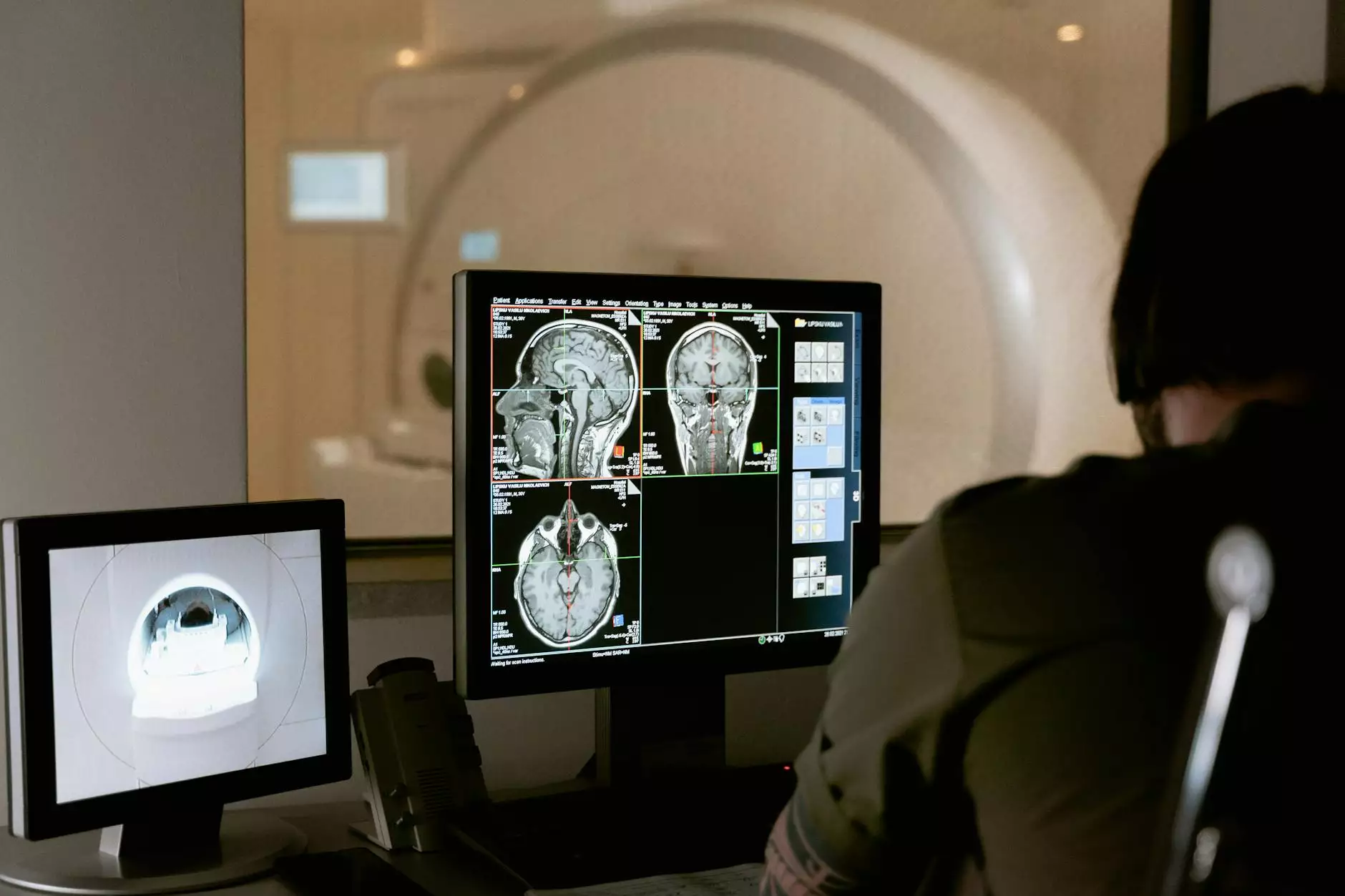Understanding When Heart Palpitations Become Problematic
Health
Heart palpitations can be a concerning experience for many individuals, causing them to worry about their heart health. While palpitations are often harmless and short-lived, it is crucial to understand when they could be indicative of a more serious underlying condition. In this article, we will explore the causes and implications of heart palpitations, and when they should be considered problematic.
The Basics of Heart Palpitations
Heart palpitations are commonly described as the sensation of a racing, pounding, or irregular heartbeat. These sensations can be felt in the chest, throat, or neck. It is important to note that heart palpitations are not a health condition in themselves but rather a symptom of an underlying issue.
In most cases, heart palpitations are harmless and temporary. They can be triggered by factors such as stress, anxiety, caffeine, nicotine, certain medications, or physical exertion. However, if heart palpitations become frequent, severe, or are accompanied by additional symptoms, it is advisable to seek medical attention to determine the cause.
Causes of Heart Palpitations
Heart palpitations can have various causes, ranging from benign to serious. Some common causes include:
- Stress and Anxiety: Emotional stress, anxiety, or panic attacks can trigger palpitations in susceptible individuals. Stress management techniques and relaxation exercises may help alleviate these symptoms.
- Physical Exertion: Intense exercise, especially in those who are unaccustomed to it, can lead to an increase in heart rate and palpitations. It is essential to gradually increase physical activity levels and ensure proper hydration during exercise.
- Certain Substances: Consuming excess caffeine, alcohol, or recreational drugs may cause palpitations as these substances can affect heart rhythm. Limiting or avoiding their intake can minimize palpitation occurrences.
- Medication Side Effects: Certain medications, such as decongestants, bronchodilators, and thyroid medications, can cause palpitations as a side effect. If you notice palpitations after starting a new medication, consult your healthcare provider.
- Underlying Medical Conditions: Palpitations can be a manifestation of underlying medical conditions like arrhythmias, heart valve disorders, thyroid problems, or heart muscle abnormalities. It is crucial to obtain a proper diagnosis to address any potential underlying issues.
When to Seek Medical Attention
While most palpitations are harmless, there are certain signs that warrant medical attention. You should consult a healthcare professional if you experience the following:
- Palpitations that last for an extended period or occur frequently
- Palpitations accompanied by dizziness, lightheadedness, or fainting
- Severe chest pain or discomfort
- Shortness of breath, difficulty breathing, or rapid breathing
- Palpitations that cause significant anxiety or distress
- Palpitations occurring in conjunction with other concerning symptoms
Your healthcare provider will perform a thorough evaluation to determine the cause of your palpitations. This may include a physical examination, review of your medical history, electrocardiogram (ECG), or other diagnostic tests.
Managing and Preventing Heart Palpitations
If your palpitations are non-threatening and not caused by an underlying medical condition, there are several strategies you can employ to manage and prevent them:
- Stress Management: Regular exercise, relaxation techniques (such as deep breathing and meditation), and proper sleep can help reduce stress levels, minimizing the occurrence of palpitations.
- Dietary Modifications: Limiting your intake of caffeine, alcohol, and other stimulants can help prevent palpitations. It is also advisable to maintain a balanced diet rich in fruits, vegetables, and whole grains.
- Hydration: Staying adequately hydrated can support proper heart function and minimize palpitations. It is recommended to drink enough water throughout the day.
- Regular Exercise: Engaging in moderate physical activity and cardiovascular exercises can help improve heart health and reduce palpitations over time. Consult with your healthcare provider before starting any exercise regime.
- Avoiding Triggers: Identify and avoid triggers that may cause or worsen your palpitations. This may include certain foods, beverages, medications, or activities.
Remember, it is always essential to consult with your healthcare provider for an accurate diagnosis and personalized treatment plan tailored to your specific needs.
In Conclusion
Heart palpitations can be a cause of concern, but understanding when they become problematic is crucial. While palpitations are often harmless, they can sometimes indicate an underlying medical condition that requires attention. By recognizing the potential causes and knowing when to seek medical advice, you can better manage and prevent palpitations, ensuring your heart health is well-managed.
For more information on heart palpitations and related health topics, please explore the articles section of MUIR DIABLO OCCUPATIONAL MEDICINE's website.




